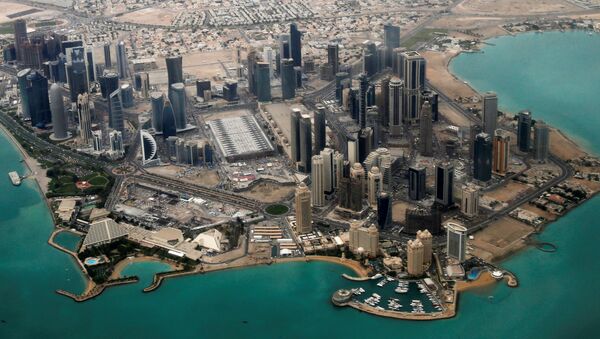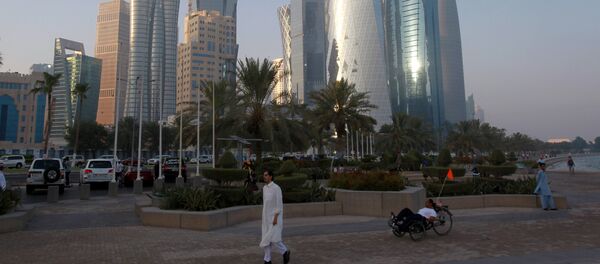"Any demands must be realistic and achievable, but the demands made to us cannot be met. They are not about terrorism, they are about abolishing the freedom of the media, violation of sovereignty and meddling in internal affairs," the minister said at a joint press conference with his German counterpart Sigmar Gabriel in Doha.
He added that Qatar would continue to take a constructive stand in the crisis.
"Qatar will act responsibly, unlike those being hostile toward our country," the minister said.
He said that Qatar stands for an equal dialogue with the Arab states on the basis of mutual respect and non-interference in the domestic affairs.
The minister added that Qatar’s response to the ultimatum was conveyed to Kuwait, which acts as a mediator in the crisis.
On June 5, Saudi Arabia, the United Arab Emirates, Bahrain and Egypt broke off diplomatic relations and communication with Qatar, accusing it of supporting terrorism and interfering in their internal affairs. The Maldives, Mauritius, and Mauritania followed suit, while Jordan and Djibouti decided to reduce the level of their diplomatic contacts with Qatar.
Late in June, Kuwait handed over to Doha the ultimatum of Saudi Arabia, Egypt, the United Arab Emirates and Bahrain with 13 demands, including the requests to severe Qatar’s relations with Iran, close Turkey’s military base in Qatar and shut down Al Jazeera TV channel, as well as to end support for the Muslim Brotherhood, a terrorist organization banned in Russia.




